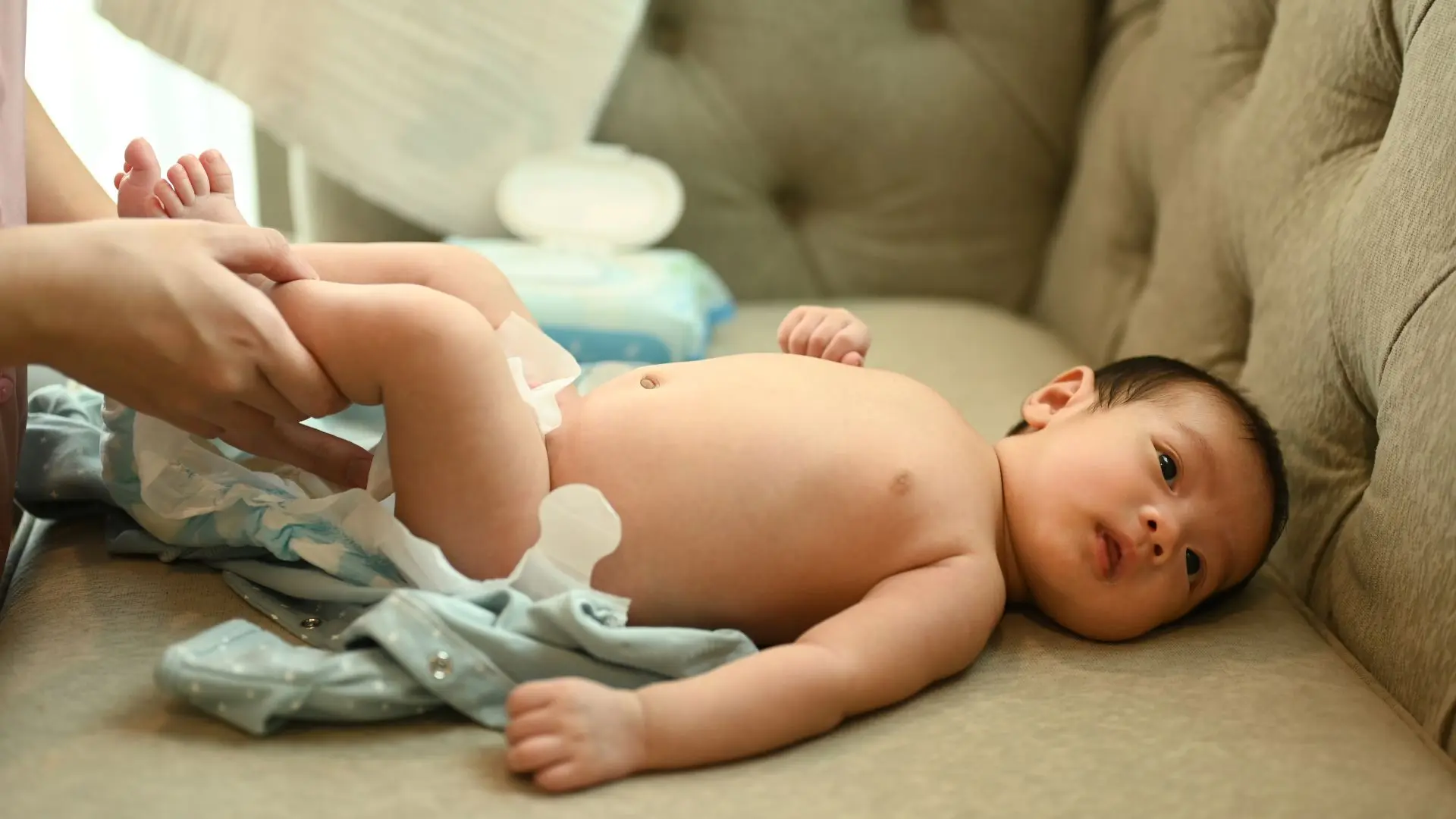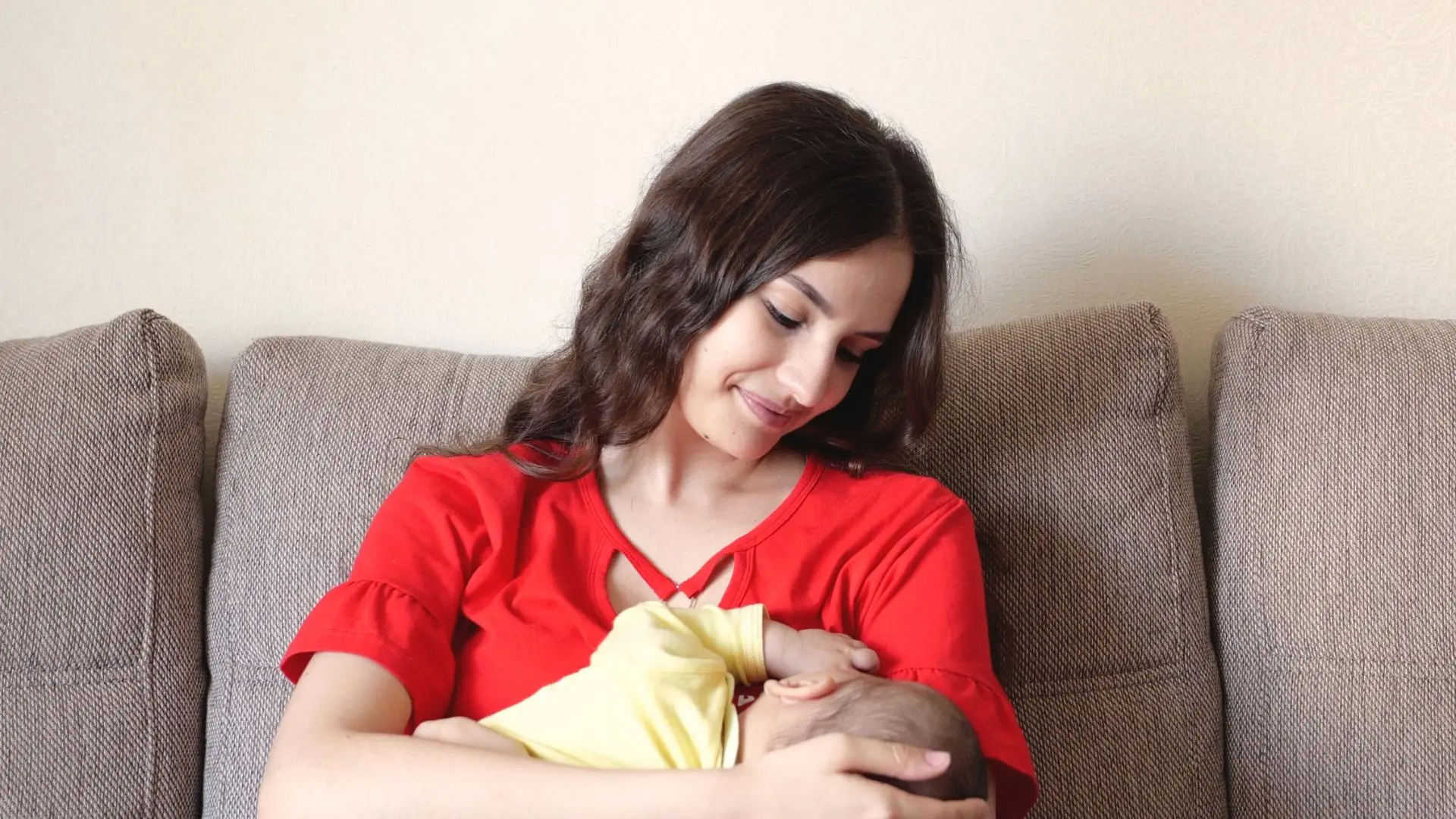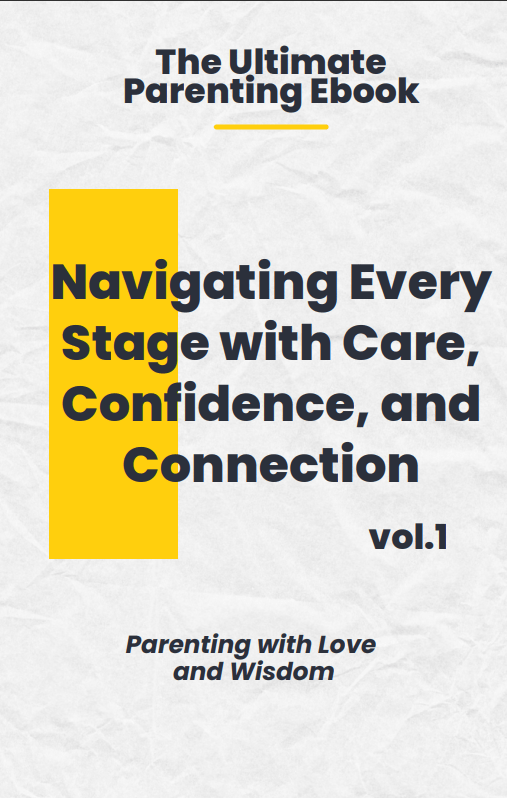Parentification occurs when children assume adult roles. Learn its causes, signs, and effects on emotional well-being, and how to heal from this trauma.

Parentification is a hidden form of emotional or physical abuse that places a child in the role of a caregiver, often at the expense of their own childhood. But what is parentification, and how does it affect those who experience it?
In this blog, we’ll explore parentification in detail, examining the different types, causes, and effects. By understanding the signs of parentification, we can better support those struggling with this issue and identify parentification trauma early.
Whether you’re dealing with parentification trauma in adults or noticing a parentified child in your life, this guide will help you grasp the complexity of this topic and its long-term impact.
In This Blog
Toggle1. What Is Parentification?
Parentification occurs when a child takes on responsibilities typically reserved for parents, such as emotional caretaking or managing the household.
In a healthy family dynamic, parents provide unconditional love, support, and caregiving, allowing the child to grow and thrive. But in parentification, the roles are reversed—the child is forced into a “giving” role, often supporting the emotional or physical needs of the parents.
Despite the child’s immense effort, their contributions are rarely validated or appreciated, leaving them feeling unseen and emotionally drained. Over time, this burden leads to parentification trauma and unresolved emotional scars.
2. Types of Parentification
There are two primary forms of parentification
Emotional Parentification
This occurs when a child is required to meet the emotional needs of their parent or siblings. They might act as a counselor, mediator, or emotional caretaker, suppressing their own needs to maintain family harmony. A parentified child often listens to their parent’s problems, mediates conflicts, or provides emotional support when a parent is struggling.
Instrumental Parentification
In this form of parentification, a child assumes physical responsibilities, such as cooking, cleaning, managing household duties, or taking care of younger siblings. It may seem like the child is being responsible, but over time, these tasks rob the child of their natural development and freedom.
3. Causes of Parentification
Several factors lead to parentification:

Dysfunctional Family Dynamics
One of the most common causes of parentification is dysfunctional family dynamics. Parents dealing with mental health issues, substance abuse, or unresolved interpersonal conflicts may rely on their children for emotional or physical support. This leaves the child filling roles they are not emotionally equipped to handle.
Economic Hardships
In single-parent homes or financially stressed families, children may be required to contribute to household duties to ensure survival. In such environments, a parentified daughter or parentified son might become responsible for cooking, cleaning, or even providing emotional support, taking on a pseudo-parental role due to necessity.
Cultural and Generational Norms
In some cultures, it’s expected that children will help out from a young age. While this isn’t always harmful, in some cases, it can cross the line into parentification when children are expected to manage adult responsibilities. Generational trauma can also perpetuate this cycle, passing parentification trauma onto the next generation.
Parental Absence or Neglect
Emotional or physical neglect often forces children to take charge. A parentified child may step in to fill the emotional void left by an absent or neglectful parent, bearing the emotional burden of keeping the family together.
4. Signs of Parentification
Recognizing the signs of parentification is crucial for early intervention
Overly Mature Behavior
A parentified child often behaves much older than their age, displaying leadership roles among their peers. This is one of the key signs of parentification, as the child assumes responsibilities beyond their developmental stage.
High Responsibility in Family Affairs
Whether managing finances, caring for siblings, or handling household chores, a parentified son or parentified daughter takes on the kind of work usually reserved for adults. Their life becomes focused on meeting the family’s needs, leaving little room for personal growth.
Emotional Caretaking
In emotional parentification, the child may act as the family’s emotional pillar. They’ll provide comfort to a struggling parent or sibling, often becoming their confidant. This leaves the child emotionally drained and deprives them of their own emotional needs.
Difficulty with Boundaries
One of the lasting effects of parentification trauma is difficulty setting boundaries. Parentified children often struggle to separate their needs from the needs of others, leading to co-dependent relationships and people-pleasing tendencies in adulthood.
5. Effects of Parentification
The long-term effects of parentification are profound and often linger into adulthood

Psychological and Emotional Impact
Parentification trauma in adults manifests as unresolved guilt, anxiety, depression, and a deep-seated feeling of inadequacy. Many adults who grew up as parentified children report feeling immense pressure to care for others, even at the expense of their own mental health. These individuals often experience burnout and struggle with self-worth, as they’ve been conditioned to prioritize others over themselves.
Relational Challenges
Adults who have experienced parentification frequently face challenges in forming healthy relationships. They may have co-dependent tendencies, struggle with boundary-setting, or constantly seek validation through caretaking. This can lead to imbalanced relationships, where the parentified adult feels obligated to assume responsibility for others’ emotions and well-being.
Educational and Career Impact
Children who grew up in parentification often had limited time to focus on education or pursue their own passions. Many end up in careers chosen for stability rather than personal fulfillment. The constant stress of family responsibilities during childhood can stunt their development and affect their career trajectory.
6. Overcoming Parentification Trauma
While parentification trauma can have long-lasting effects, recovery is possible through intentional healing
Therapy and Counseling
Professional therapy is essential for addressing parentification trauma. Cognitive-behavioral therapy (CBT) and family therapy can help identify and heal emotional wounds. Working with a therapist allows individuals to unpack childhood experiences, learn new coping mechanisms, and rebuild a sense of self-worth.
Setting Healthy Boundaries
One of the most critical steps in healing from parentification is learning to set boundaries. This involves saying “no” to unreasonable requests, recognizing when others are taking advantage of emotional labor, and prioritizing personal needs.
Self-Care and Emotional Recovery
Healing from parentification trauma requires individuals to invest in their emotional well-being. This includes developing hobbies, connecting with supportive relationships, and practicing self-compassion. Reclaiming a sense of identity and self-worth outside of the caretaker role is essential for long-term recovery.
Conclusion
Understanding parentification is key to preventing its long-term impact on mental health and relationships. Whether you’re identifying the signs of parentification in a loved one or addressing parentification trauma in adults, recognizing this issue early can help prevent lasting psychological harm. If you or someone you know has experienced parentification, seeking professional help and setting boundaries are crucial steps toward recovery.
By breaking the cycle of parentification, we can foster healthier family dynamics and allow children the freedom to grow, play, and develop without the weight of adult responsibilities.
You may also be interested in : How to Discipline a Teenager Who Doesn’t Care About Consequences




